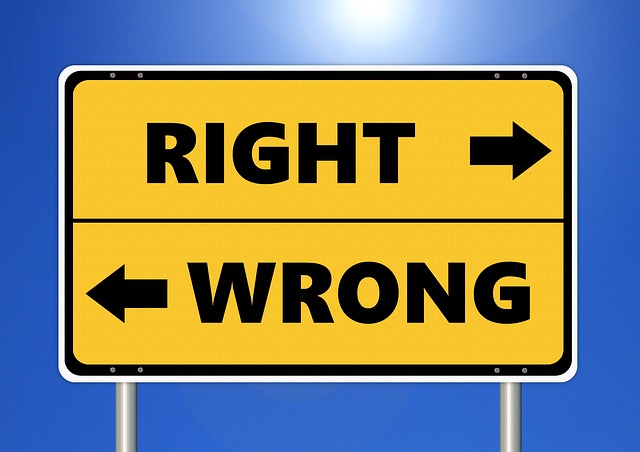 The spread of fake news, branded content and paid influencers has brought ethics to the forefront of the public relations industry.
The spread of fake news, branded content and paid influencers has brought ethics to the forefront of the public relations industry.
PR professionals cite distribution of fake news as the greatest potential ethical issue for the PR industry, reveals the 2018 Global Communications Report from the USC Annenberg School for Communication and Journalism. Almost all PR professionals (92 percent) say fake news presents a potential ethical issue to the industry. Other leading concerns include the purposeful distortion of the truth cited by 91 percent, defense of malicious behavior (88 percent), and lack of corporate transparency (81 percent).
The Blurring of Fact and Fiction
Many people find that it’s increasingly difficult to determine what’s fact and what’s fiction. “This blurring of fact and fiction impacts everyone whose career is centered on building credibility,” states Fred Cook, director of the USC Center for Public Relations.
Corporations, business leaders and celebrities face intense scrutiny and immediate social media reactions to perceived misdeeds, he says. Communicators regularly find themselves in the middle of complex ethical situations as they promote controversial clients or defend divisive positions.
Other key findings from the survey include:
- 50 percent of PR professionals worldwide and 57 percent of U.S. PR pros say the PR industry in their country has an unethical image.
- 75 percent of students say the PR industry’s ethics are important in determining their future careers.
- 62 percent predict businesses will become more ethical over the next five years.
- 81 percent report that their agency or their department has a code of ethics; 83 percent say the code of ethics is effectively communicated.
- Only 54 percent of PR pros have had formal ethics training, mostly on the job.
- 92 percent feel the PR industry needs a generally accepted code of ethics and 59 percent believe a dedicated organization should enforce that code.
- 64 percent of PR professionals believe the average consumer will not be able to tell the difference between paid, earned, shared and owned media in the next five years, up from 51 percent in 2017. In addition, 59 percent say most consumers won’t care if they can’t tell the difference.
PR Leaders Advocate a Strong Emphasis on Ethics
More PR leaders now tout the importance of ethics and urge PR to follow a code of ethics. Anthony D’Angelo, chairman of the Public Relations Society of America (PRSA), asked PR professionals to aggressively defend their profession, promote ethical practices and strengthen the public’s trust in the profession.
British PR firm Bell Pottinger put PR ethics in the spotlight earlier this year when its secret campaign in South Africa inflamed racial animosity with fake news reports, hate-filled website content, speeches, fake Twitter bots and other unscrupulous tactics. The PR agency collapsed and the Public Relations and Communications Association in Britain ejected the frim from its membership.
Bell Pottinger did not follow accepted PR practices, D’Angelo said. “Responsibility to the public” – is at the core of what we do,” he wrote. “That sometimes surprises people, who assume our only allegiance is to our clients or the organizations we work for.”
Ethical practices are good for business as well as the PR industry. Conversely, PR outfits that don’t follow ethical practices will not survive over the long term, he said, citing the Bell Pottinger example. “It’s our duty to speak up, push back, clarify and explain that public relations is based on strictly defined ethical practices, or it simply doesn’t work,” D’Angelo wrote.
Bottom Line: Ethics has become a preeminent issue for the PR industry due to the spread of fake news, paid influencers and branded content. It’s more difficult to separate real news from fake news and paid advertising from nonpaid content. That’s a significant concern for PR professionals who make a living building credibility.
William J. Comcowich founded and served as CEO of CyberAlert LLC, the predecessor of Glean.info. He is currently serving as Interim CEO and member of the Board of Directors. Glean.info provides customized media monitoring, media measurement and analytics solutions across all types of traditional and social media.




